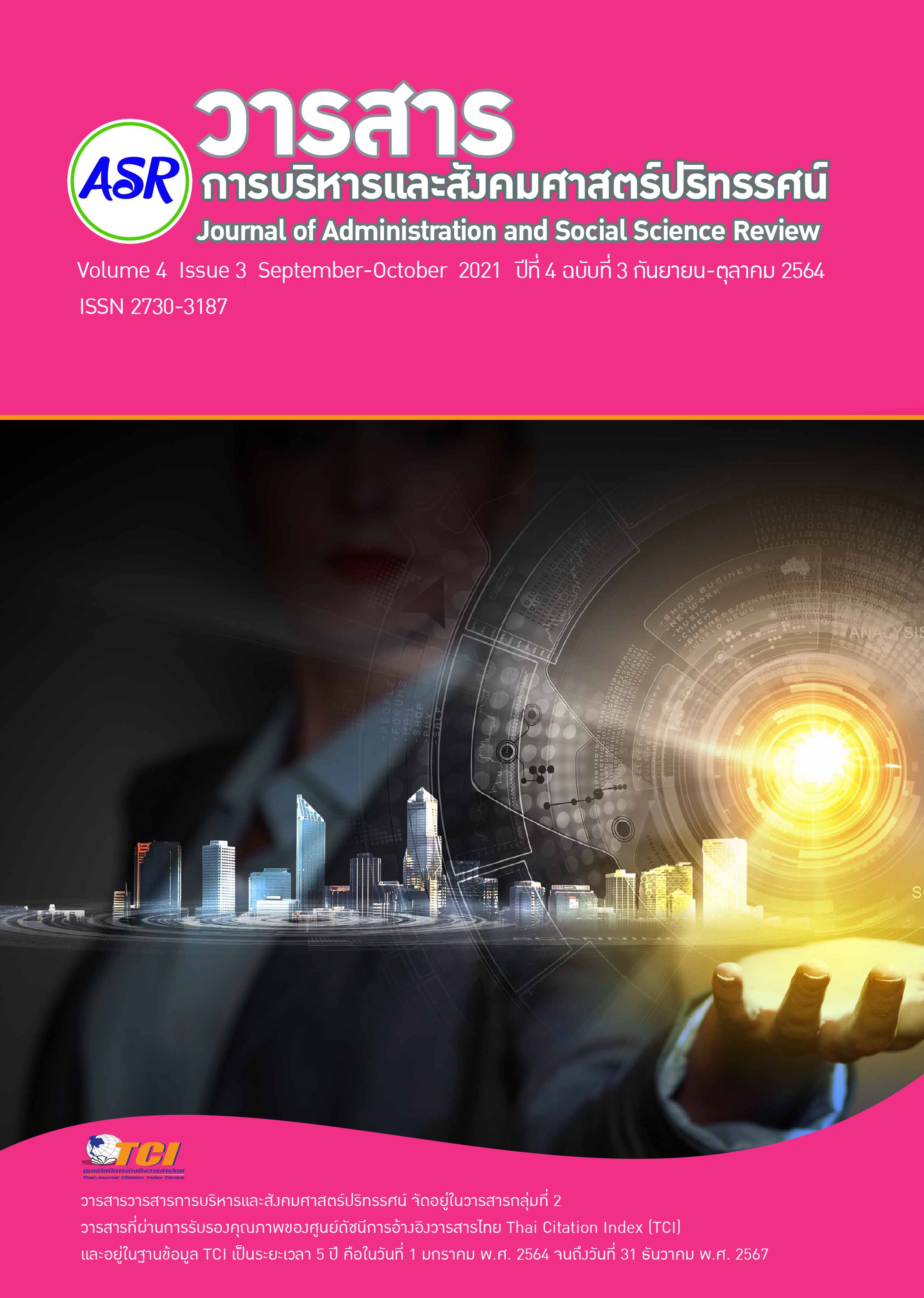Knowledge Management and Improvement Coffee Farmers Potential for Local Economy Development. A Case Study of Chompoo District, Amphoe NoenMaprang, Phitsanulok.
Keywords:
Knowledge Management, Promoting the Potential of Coffee Farmers, Grassroots EconomyAbstract
The objectives of this research were: 1) to study the knowledge management of coffee planting; and 2) to promote the farmers’ capability. Primary data were collected from a focus group discussion. Qualitative data were collected from a sample group of 100 people: farmers, government officials, community leaders, school directors, and students. This study was a participatory action research through a qualitative research methodology. Data were collected through group interviews and conversations, and behavioral observations. The inductive and content analyses were used to study the data.
The results of this research indicated as follows:
1) The researchers have compiled the process of growing Robusta coffee from the first to the last step, and development process for coffee farmers’ capability. From the conversations, there was a problem with the group organization and its structure. Farmers were still lacking for the concept of the community enterprise, and did not understand this group type. They did not have inspirations to form the groups. The researcher shared with the participants the knowledge and benefits of the group establishment: preventing the middleman from lowering price, and gaining the power of negotiation in price and produce sales for the competitive advantages.
2) Research indicated the implications of coffee growing knowledge, accumulated from the cultivation processes, on the youths proud of the Robusta coffee farmers in their locations. These farmers fostered them to maintain the coffee plants, and to transfer the knowledge to their communities.
Therefore, the researcher created a local curriculum for Rak Thai Romklao Upatham School, in which coffee planting knowledge and practices for the youths in the communities were included. Particularly, the secondary students from 1st to 3rd levels were able to assist their parents in farming and trading. The pedagogy was integrated into agriculture in everyday life. The teaching and learning approaches were based on the theoretical and practical knowledge of the coffee planting, which led the youths to keep studying its cultivation process.



